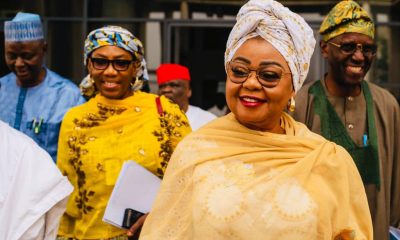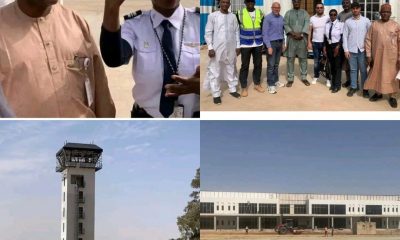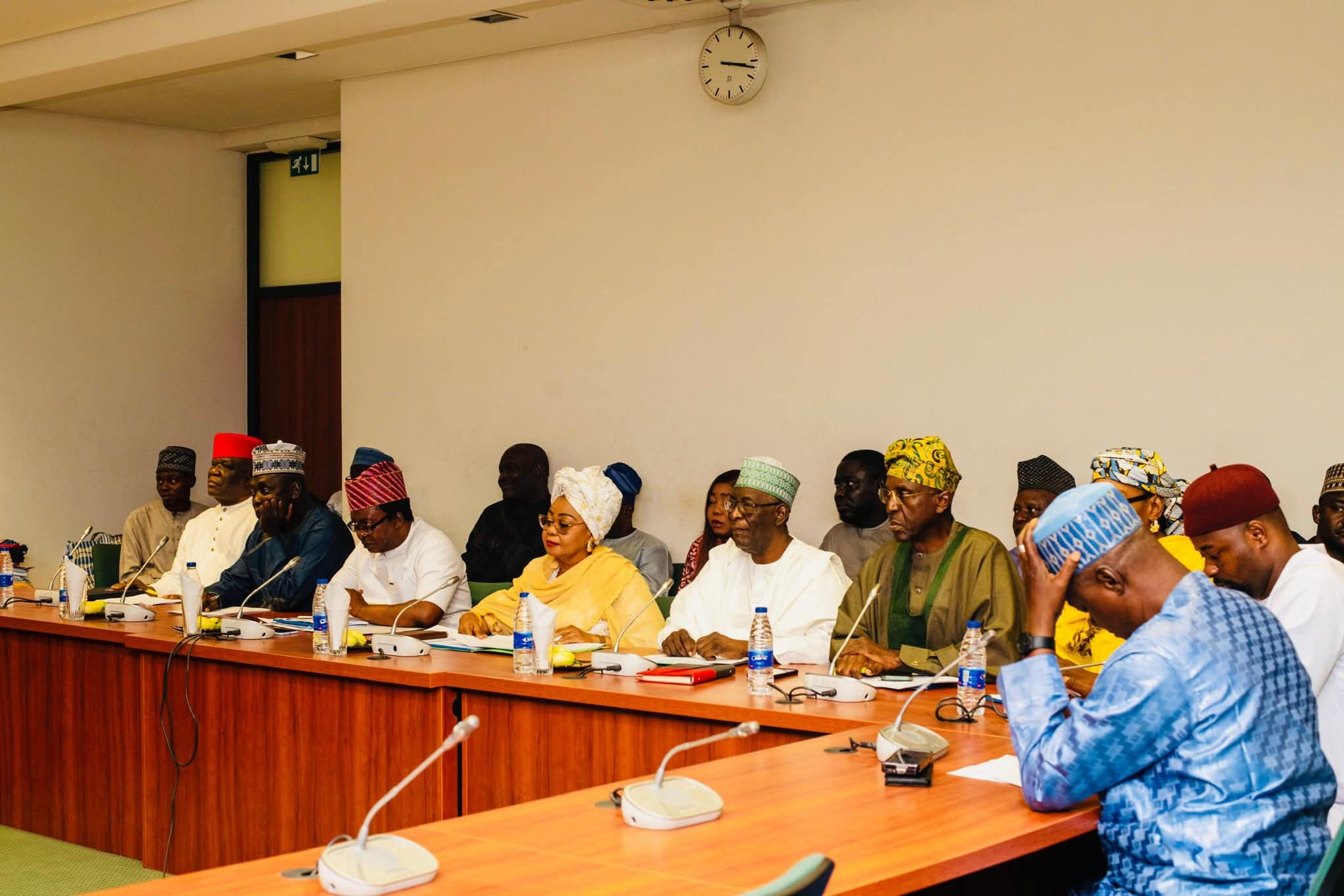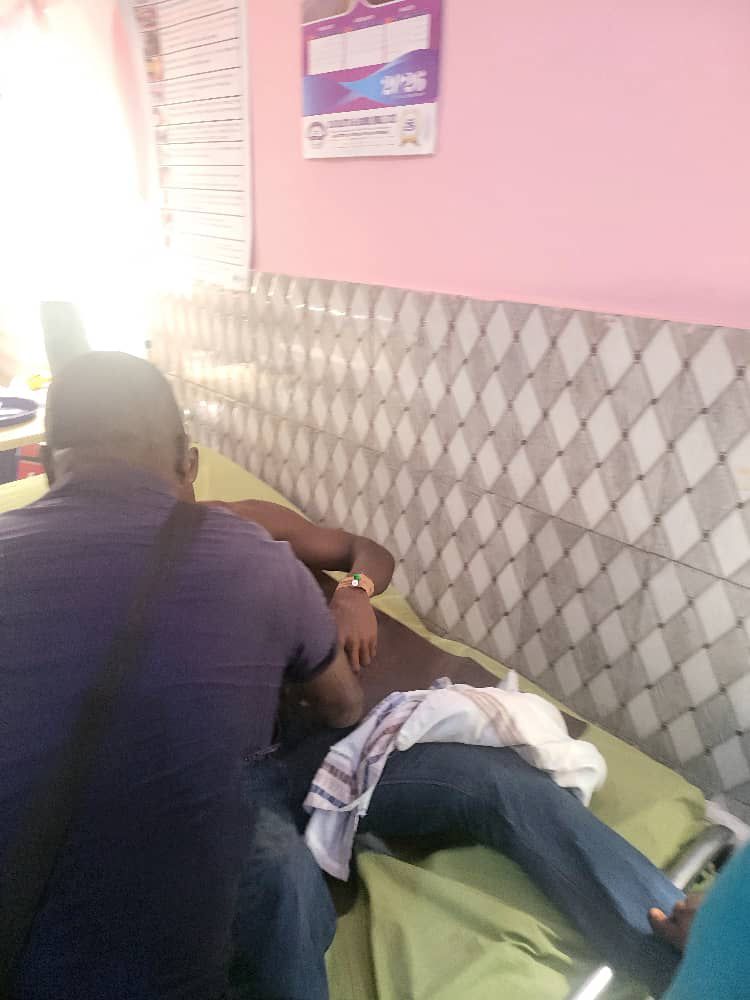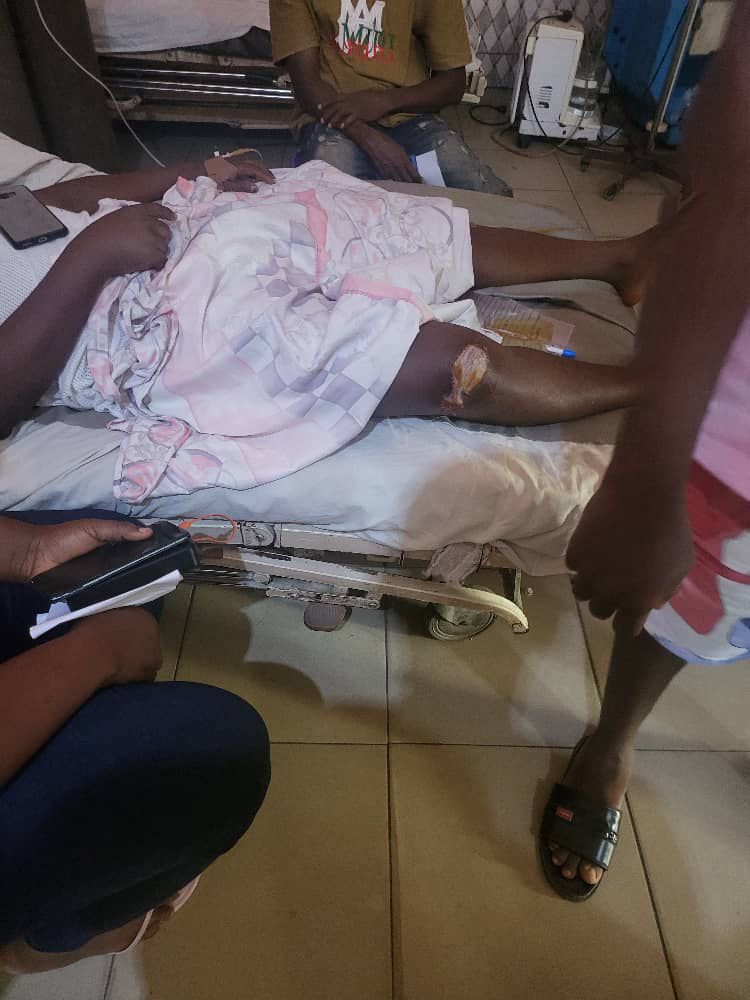society
Addressing National Failures and Seeking Collective Solutions
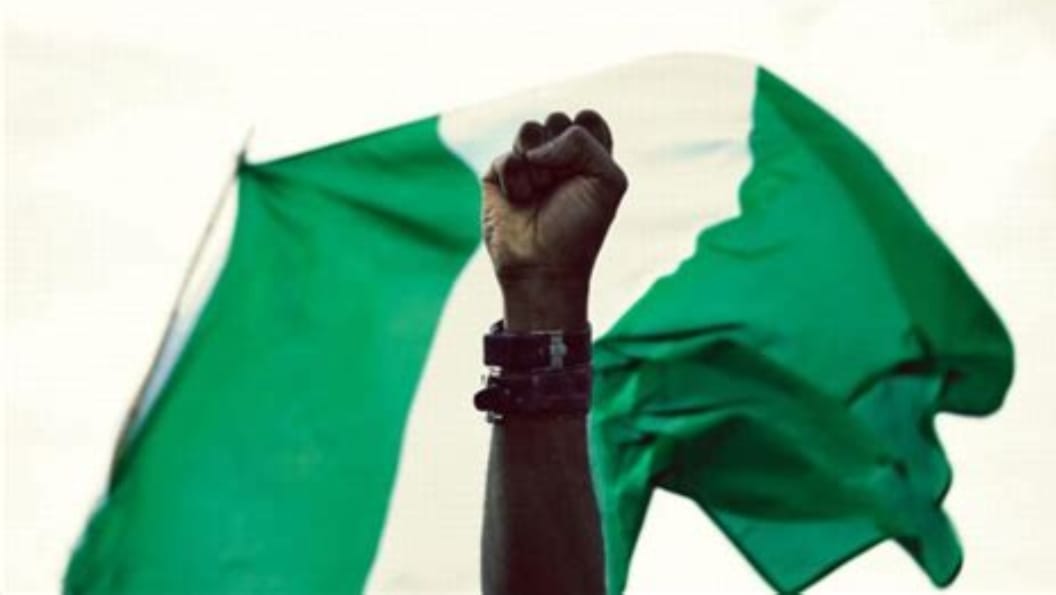
Addressing National Failures and Seeking Collective Solutions
By George Omagbemi Sylvester
Introduction
Nigeria, a nation rich in diversity and potential, continues to grapple with deep-seated challenges that threaten the well-being of its citizens. Across different regions, people are suffering due to insecurity, economic instability, and poor governance. The North faces a dire situation, with lives being lost at an alarming rate. The South is not spared, as banditry and other forms of violence claim innocent lives. These issues are not regional but national in nature, stemming from the failure of leadership across the board. As a people, we must recognize our common plight and work together to forge solutions rather than engage in blame games.
The Reality of Leadership Failures
The Nigerian political class, entrusted with the responsibility of safeguarding lives and improving livelihoods, has consistently failed. Insecurity remains rampant, with banditry, insurgency, and communal clashes taking lives daily. Economic policies continue to widen the gap between the rich and the poor, making survival more difficult for the average Nigerian. Corruption, lack of accountability, and poor governance have deepened the crisis, leaving citizens to fend for themselves in an increasingly harsh environment. This is not just a northern or southern problem—it is a Nigerian problem.
The Common Enemy: Political Elites
One of the major reasons for the persistent suffering of Nigerians is the self-serving nature of the political elite. They prioritize personal enrichment over national progress, often using divisive tactics to prevent unity among the people. By keeping Nigerians distracted with ethnic and religious differences, they evade responsibility for their mismanagement. The failure to provide security, basic amenities, and opportunities for economic advancement demonstrates their collective neglect of the people’s welfare.
The Need for Unity
For too long, Nigerians have been divided along ethnic, religious, and regional lines. These divisions have hindered progress, making it easy for corrupt leaders to maintain control. However, the challenges we face are the same regardless of region. Whether it is the violence in the North, kidnappings in the South, or economic hardships nationwide, the root causes are the same—bad leadership and poor governance. Unity among Nigerians is essential in pushing for meaningful change.
Proposing Solutions
Rather than merely lamenting our problems, we must take proactive steps to develop and implement solutions. Below are some strategies to address our national crises:
1. Demand for Accountable Leadership
Citizens must hold leaders accountable through active civic engagement. This includes monitoring government policies, participating in elections, and insisting on transparency. The era of electing leaders based on tribal or religious affiliations must end. Competence, integrity, and a genuine commitment to public service should be the criteria for leadership.
2. Strengthening Local Governance
A decentralized governance system can enhance development at the grassroots level. Local leaders, closer to the people, should be empowered to address community-specific challenges. Improved local governance can bridge gaps where national leadership has failed.
3. Security Reform and Community Involvement
The government must overhaul the security sector, ensuring better training, funding, and motivation for security personnel. Additionally, local communities should be actively involved in intelligence gathering and security efforts. Strengthening neighborhood watch groups and utilizing technology for security monitoring can improve safety.
4. Economic Empowerment Programs
Unemployment and poverty contribute significantly to crime and insecurity. The government should implement policies that encourage entrepreneurship, skill acquisition, and job creation. Empowering small businesses through access to credit and resources can reduce economic hardships.
5. Educational Reform and Youth Engagement
Education plays a critical role in national development. Investing in quality education and skill development programs can prepare young Nigerians for a competitive job market. Additionally, youth engagement in governance and policymaking should be encouraged, as they hold the key to the nation’s future.
6. Citizens’ Legislative Advocacy
Nigerians must engage with legislative processes by pushing for laws that prioritize their welfare. Active participation in public hearings, petitions, and town hall meetings can ensure that policies reflect the people’s interests rather than elite preferences.
7. Leveraging Technology and Media for Awareness
The media and technology can be powerful tools for change. Social media campaigns, independent investigative journalism, and digital activism can expose corruption, mobilize citizens, and create pressure for government accountability.
Presenting Solutions to Implementers
It is not enough to discuss solutions; they must be brought to the attention of those who can implement them. Civil society organizations, pressure groups, and advocacy networks should present well-researched policy recommendations to government bodies. Engaging with lawmakers, governors, and stakeholders in structured dialogues can facilitate action. Furthermore, the private sector and international organizations can be partners in implementing community development initiatives.
The Role of Nigerians in Change
While the government bears a significant responsibility, citizens must also contribute to national progress. Law-abiding behavior, ethical business practices, and community-driven initiatives can collectively improve society. Voter education and active participation in governance ensure that only capable leaders emerge.
In Conclusion;
Nigeria stands at a critical juncture where the choices we make will determine our future. Blaming each other for our collective suffering only serves to distract us from the real issues. The failures of leadership have affected every region, making it imperative for Nigerians to unite and demand better governance. Solutions exist, but they require collective effort, persistence, and engagement with those in power. If we do not act, we remain victims of a system that thrives on division and negligence. It is time for every Nigerian to contribute to the country’s recovery and ensure a better future for generations to come.
society
SENATOR ADEOLA YAYI REGISTERS 4000 JAMB CANDIDATES
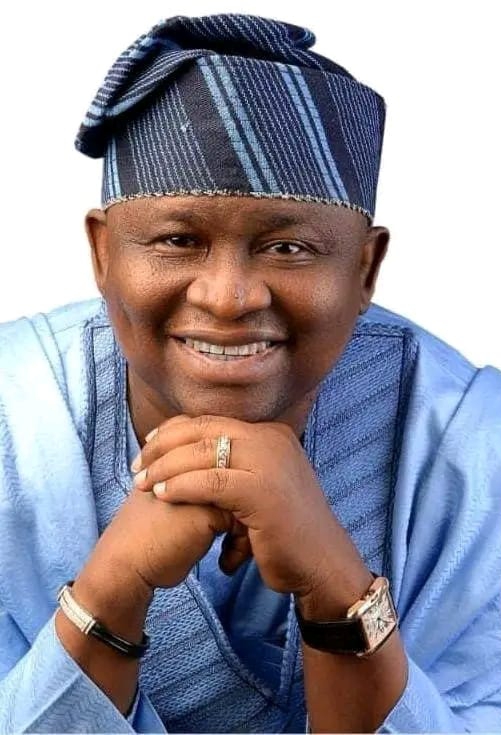
SENATOR ADEOLA YAYI REGISTERS 4000 JAMB CANDIDATES
In continuation of his educational support initiatives and following established tradition, Senator Solomon Adeola (APC,Ogun West) has successfully paid for and enrolled 4000 indigent students for the 2026 Joint Admission Matriculation Board(JAMB) examination.
According to a release e-signed and made available to members of the League of Yewa-Awori Media Practitioners (LOYAMP) by High Chief Kayode Odunaro, Media Adviser to Senator Adeola and shared with (your mediu), the programme financed by the senator under the “SEN YAYI FREE JAMB 2026” ended on Saturday , February 21, 2026, with a total of 4000 candidates successfully enrolled with their PINs provided.
Commenting on the success of the programme, Senator Adeola said the programme is another leg of his personal educational empowerment for indigent but brilliant citizens preparatory to his scholarship and bursary facilitation for tertiary education institutions’ students.
“As far as I can help it, none of our children will miss educational opportunities arising out of adverse economic predicament of their parents or guardians”, he stated.
Successful candidates cut across all the three senatorial districts of Ogun State with 2183 coming from Ogun West, 1358 coming from Ogun Central and 418 from Ogun East.
Some of the candidates that applied and are yet to get their PINs due wrong information supplied in their profiles and being underage as discovered by JAMB and other reasons are being further assisted to see the possibility of getting their PINs.
The Free JAMB programme of the Senator that has been running for years is well received by appreciative beneficiaries and their parents.
Alhaji Suara Adeyemi from Ipokia Local Government whose daughter successfully got her PIN in the programme said the Senator’s gesture was a welcome financial relief for his family at this period after payment of numerous school fees of other siblings of the beneficiary seeking admission to higher institution.
Also posting on the social media handle of the Senator, a beneficiary Mr. Henry Olaitan, from Odeda LGA said that he would have missed doing the entry examination as his guardian cannot afford the fees for himself and two of his children.
society
House Committee Seeks Stronger Financial Backing for Federal Character Commission
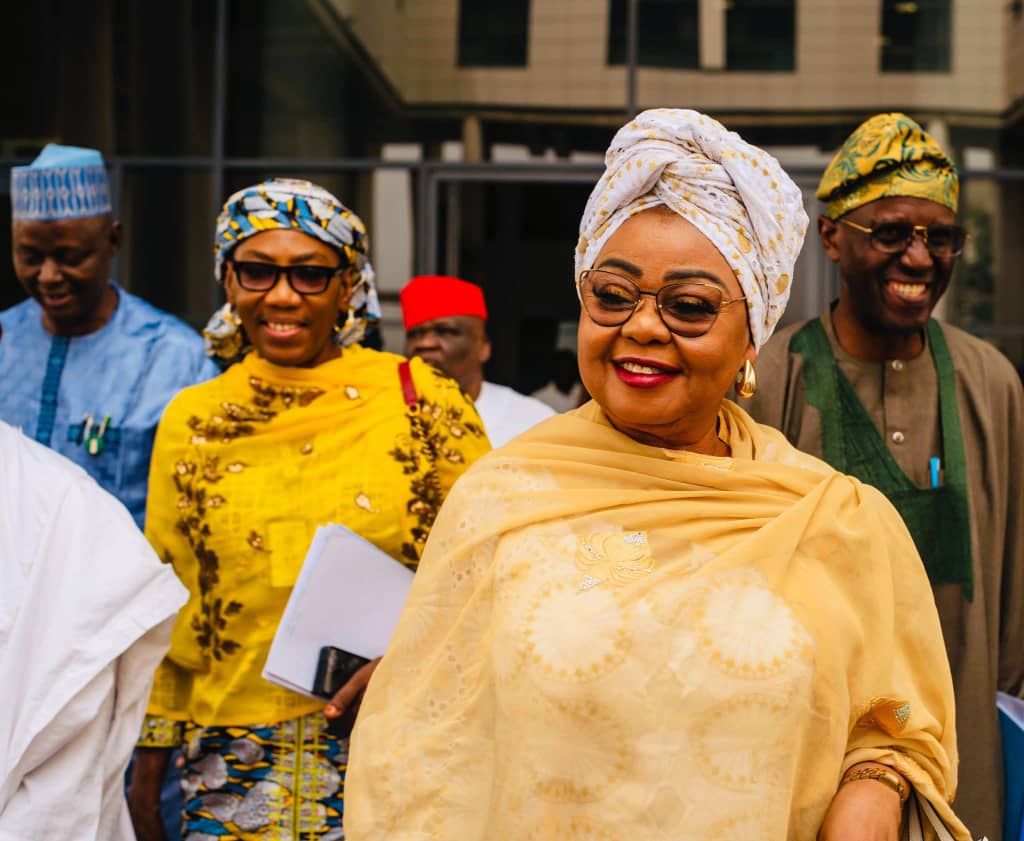
House Committee Seeks Stronger Financial Backing for Federal Character Commission
The Executive Chairman of the Federal Character Commission (FCC), Honorable Hulayat Motunrayo Omidiran, has reassured the commitment of her new leadership to reposition the Commission and strengthen enforcement of the federal character principle, despite prevailing funding challenges.
Hon. Omidiran made this known during the Commission’s budget defence before the House of Representatives Committee on Federal Character at the National Assembly on Friday, February 19, 2026.
The Executive Chairman opened up on inadequate funding has continued to constrain the Commission’s statutory activities, including nationwide monitoring, compliance audits and enforcement measures across Ministries, Departments and Agencies (MDAs).
“We are focused and determined to do the work that the Constitution and the President have entrusted us with,” Omidiran stated.
The FCC Boss, however, assured lawmakers that the Commission remains resolute in ensuring equity, fairness and balanced representation in line with its constitutional mandate.
“As a Commission, it is our responsibility to engage with relevant government parastatals and ministries to secure the necessary funding we require. We believe that with consultation and collaboration, it will be a successful venture for the Commission.”
Earlier, the Chairman of the House Committee on Federal Character, RT. Hon. Ahmed Idris Wase, expressed deep concern over what he described as near-zero budgetary allocation to the Commission, stressing that such financial inadequacies severely undermine its operational effectiveness.
The Plateau State lawmaker assured the Commission of the Committee’s firm legislative backing in advocating for improved funding and strengthening the Commission’s capacity to fully exercise its constitutional mandate.
“We cannot reasonably expect the Federal Character Commission to enforce compliance across Ministries, Departments, and Agencies while grappling with insufficient funding,” Hon. Wase remarked.
“If we are genuinely committed to fairness, equity, and national cohesion, then we must be deliberate in adequately funding the institution established to safeguard these principles.
“As a Committee, we shall work closely with the leadership of the Commission to ensure that its budgetary provisions reflect the magnitude of its mandate. The era of skeletal or token funding must give way to realistic and sustainable financial support,” he concluded.
The budget defence session concluded on a note of renewed collaboration between the House of Representatives and the Commission, reflecting a shared determination to strengthen institutional capacity, enhance accountability, and promote equitable representation within Nigeria’s public service.
SIGNED:
Ademola Lawrence
Spokesperson,
Federal Character Commission
February 20, 2026
society
APC Ethiope West Congress Turns Violent: Ibori’s Daughter Escapes Assassination Attempt; Scores Injured
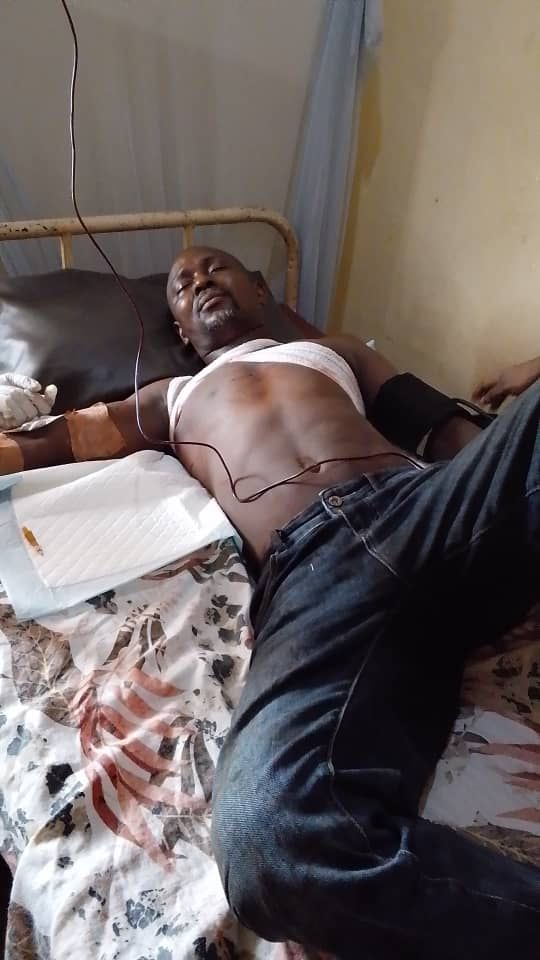
*APC Ethiope West Congress Turns Violent: Ibori’s Daughter Escapes Assassination Attempt; Scores Injured
The APC Ethiope West Local Government Area Congress took a terrible turn today as scores were attacked by gun-wielding thugs allegedly hired by old PDP members that moved to APC. The congress was relocated from its original venue the Oghara Township Stadium to a new venue,Ovade, in the LGA seemingly to disenfranchise original APC members.
Violence erupted when the Member representing Ethiope Federal Constituency Rt Hon Erhiatake Ibori-Suenu daughter of the the former Governor of Delta H.E Chief James Onanefe Ibori arrived at the new venue in Ovade. Apart from clear threats to her life by thugs sponsored by the Governor of Delta State, Rt Sheriff Oborevwori and former Rep member Hon Ben Igbakpa. Her supporters were attacked with dangerous weapons, as she was denied entrance to the venue. There were several attempts on her life which were foiled by her security details. There had been intels that she would have been shot if she had stepped foots on the venue this is terrible at a time when there had been hopes of peace coming into the party with the recent meeting at Asaba , however this recent happening shows peace is still far away .
Hon Erhiatake Ibori-Suenu has appealed for calm among APC supporters and old members amidst the unprovoked attack. Several injured individuals are receiving treatment at undisclosed hospitals.
There are still reports of targeted attacks on on members of the Old APC , calls have been made to security operatives to avert such attempts.
-

 celebrity radar - gossips6 months ago
celebrity radar - gossips6 months agoWhy Babangida’s Hilltop Home Became Nigeria’s Political “Mecca”
-

 society6 months ago
society6 months agoPower is a Loan, Not a Possession: The Sacred Duty of Planting People
-

 society5 months ago
society5 months agoReligion: Africa’s Oldest Weapon of Enslavement and the Forgotten Truth
-

 news6 months ago
news6 months agoTHE APPOINTMENT OF WASIU AYINDE BY THE FEDERAL GOVERNMENT AS AN AMBASSADOR SOUNDS EMBARRASSING




